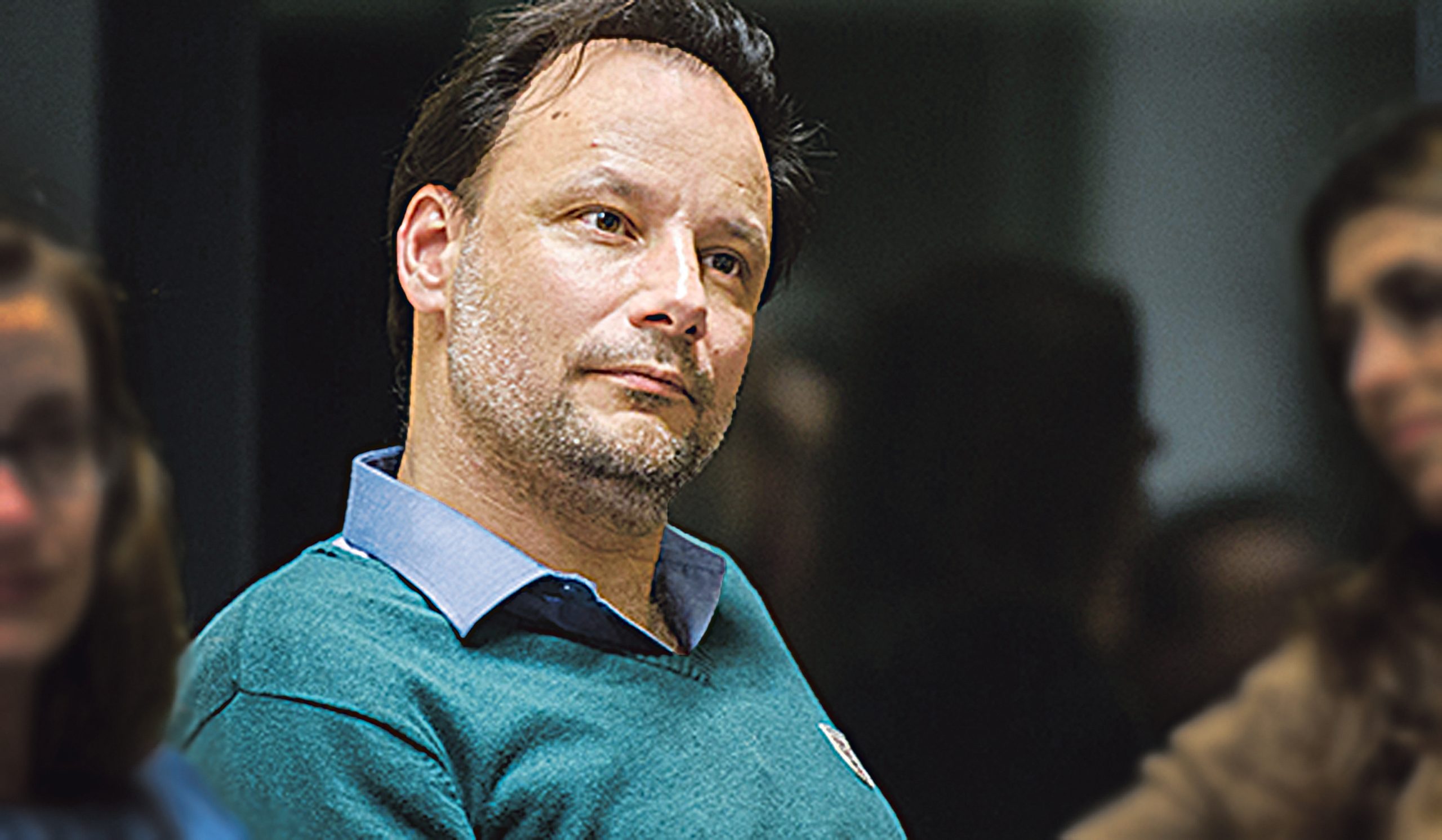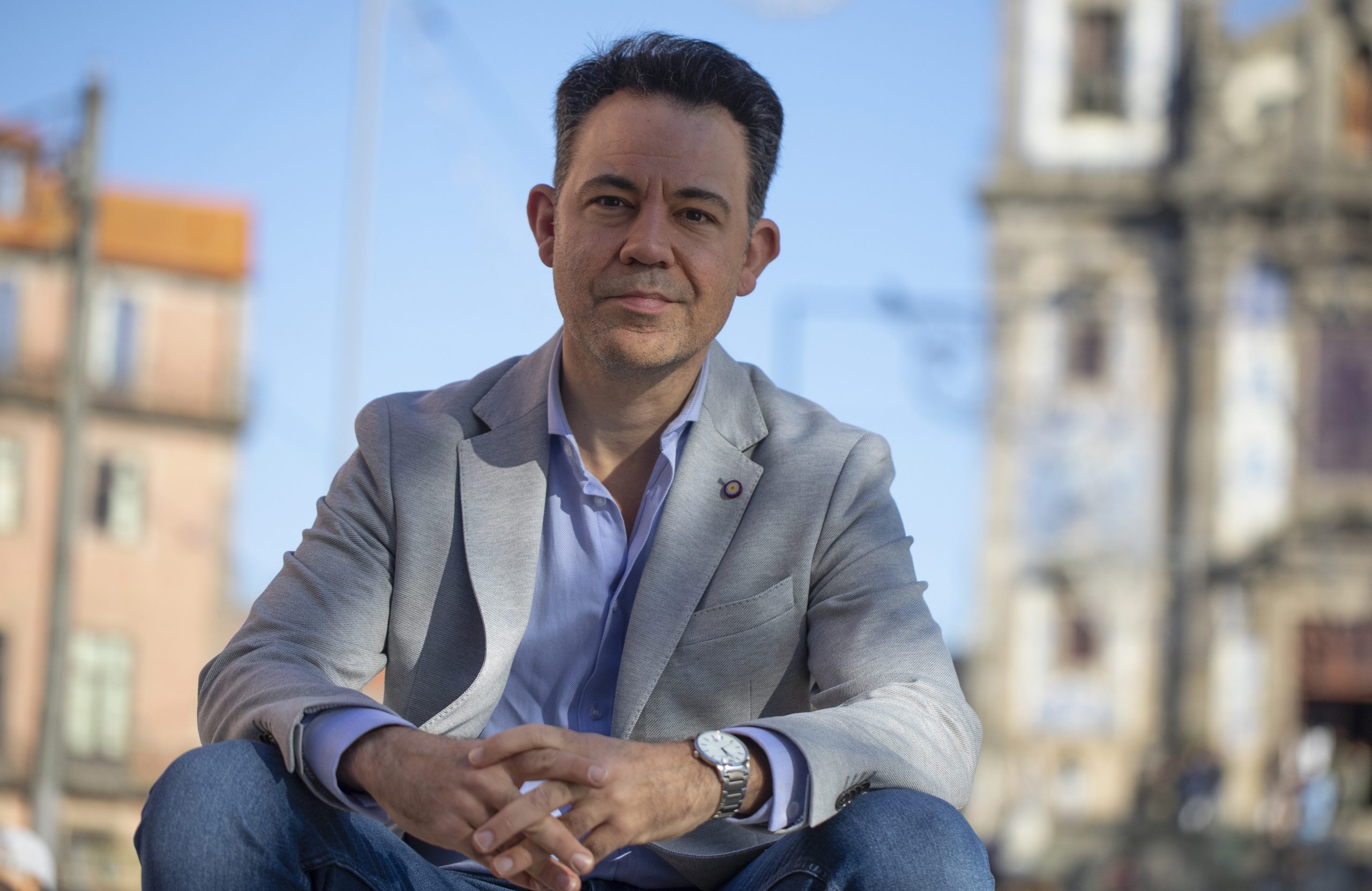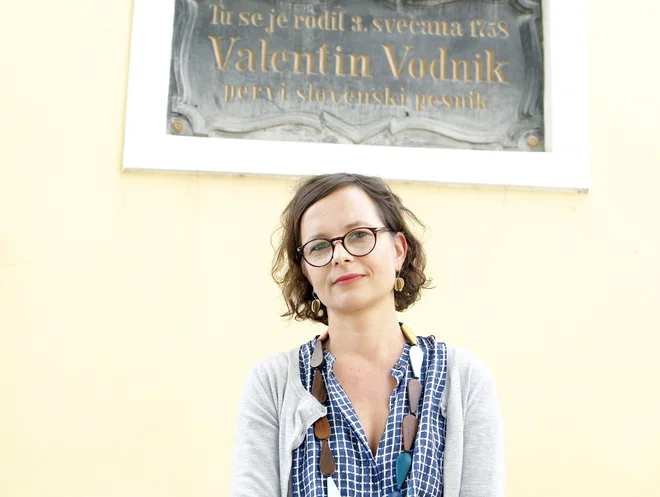The fragility of our daily lives

It is not yet known exactly what caused the past drop. Most likely, the full explanation still takes some time. But the fact that they have enough seconds of tension breaking so that the Iberian Peninsula would be dark, albeit by day, shows only one thing: the enormous fragility of the networks. Therefore, our lives in society. In a moment millions of people were unable to continue their daily lives. Meters and trains stopped. Passengers who prepared to board airplanes were on the ground. In hospitals surgeries, consultations and care were canceled while linked generators of limited capacity and probably without the necessary fuel to endure more than one pair of hours without electricity. In the streets the traffic lights stopped, the traffic was chaotic with the many thousands who, unable to work, returned the house. Over time the telecommunications antennas also ceased to work temporarily, whether by savings or lack of energy. Financial markets have stopped, such as transactions or simple cash survey.
With the beginning of the war in Ukraine we talked a lot about energy security. But discussions focused mainly on the production and supply of oil and natural gas. Already the distribution of electricity, that Portugal and Spain are producers given the growth and preponderance of renewables, became more hidden in the discussion. The stable and continuous supply of electricity is the basis of the functioning of our societies. It is through it that we access information, we contacted friends and family, we work, illuminate buildings, carry electrical appliances and, increasingly, move. The way this flow was possible to be broken put this operation into question. For now, she deserves reflection – and then action.
The break, which in practice lasted only a dozen hours and was competently resolved by REN – National Electric Network technicians, shows that no nation can be considered energetically safe if it is isolated. A greater connection makes the networks more resistant. Greater interdependence may not only help resist but also to recover from unforeseen events. Under the European Union, this means that this energy security, more than national, must be considered a truly European priority.
It is in this context that it is less and less understandable that the Iberian Peninsula remains a kind of ‘energy island in Europe’. The opposition of the French government to build connections between Portugal and Spain and Europe only makes sense in the individualistic perspective of those who look at the European Union and the common market as an instrument in the service of their own interests, rather than a mechanism that should contribute to the good of all: social, political and economic.
On the other hand, the blackout shows that in parallel with the bet on renewable energy, investment is required to modernize and strengthen the electrical distribution network. At the same time, it is necessary to ensure, in addition to production autonomy, the starting capacity that provides stability in case of emergency. May the incident of Monday, that fortunately we leave without bigger damage, serve to make energy security a priority in the country and thus strengthen our lives in society.
The blackout also marked one of the first times the Portuguese society has been the target of a professional and probably international disinformation campaign. The disclosure of an alleged news from CNN International to attribute responsibility for the collapse of electrical systems to Russian hackers, less than an hour after the incident, shows a level of professionalism in the dissemination of misinformation at a level so far never seen. Other false information has been circular, but none with the degree of detail of what, falsely, cited a well -known worldwide media and the president of the European Commission. Its goal would be to spread panic and, perhaps, influence opinions.
It makes it all the sense that the Portuguese Republic Information System, through the Security Information Service, try to determine, using its own means and the help of allied countries, the origin of this disinformation campaign. Since the beginning of the Ukraine War that the detection of networks and groups that are dedicated to spread false information about the conflict or the internal situation of several countries – especially in election time – has been a priority of European security forces and services. Several campaigns have been dismantled in recent years by their own social networks. But the identification of threats against the state is one of the functions of information services. Disinformation, especially with regard to sensitive themes such as the defense and security of the country, is one of those threats. The investigation may even fall into a dead end. But it is necessary to compliment the initiative of those who decided to act instead of dropping the subject.








